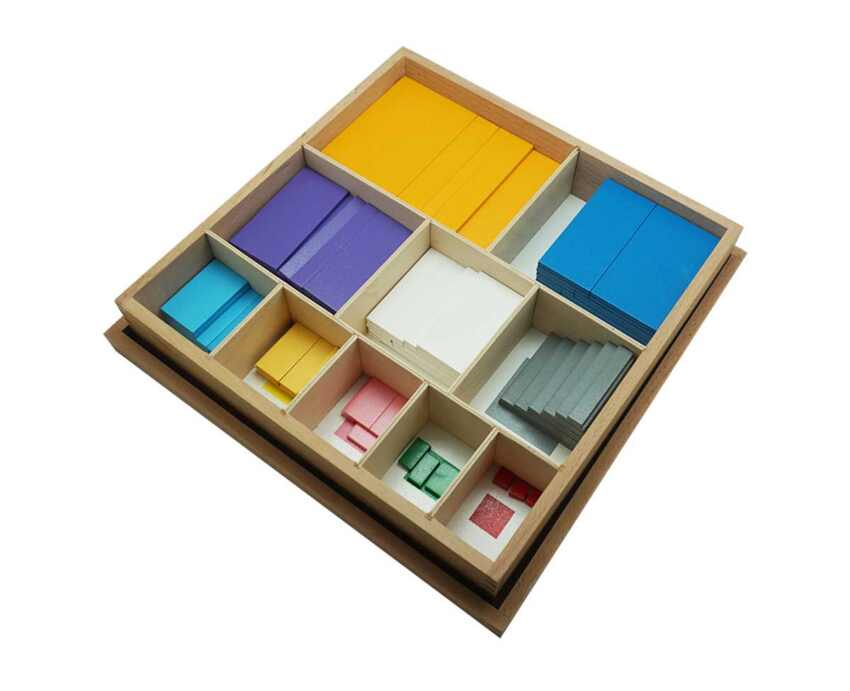Montessori Education: A Unique Approach to Learning
Montessori education is a unique approach to learning that has been around for over a century. It is based on the educational philosophy of Dr. Maria Montessori, an Italian physician and educator who developed the Montessori Method in the early 1900s. The Montessori Method is an educational approach that focuses on the individual child and their unique needs and interests. It emphasizes the importance of self-directed learning, hands-on activities, and a prepared environment that encourages exploration and discovery.
Montessori education is based on the belief that children are naturally curious and eager to learn. It encourages children to explore their environment and develop their own interests and skills. Montessori classrooms are designed to be stimulating and engaging, with materials that are designed to be self-correcting and self-teaching. The materials are designed to help children learn through exploration and discovery.
Montessori classrooms are typically divided into three areas: Practical Life, Sensorial, and Academic. Practical Life activities are designed to help children develop basic life skills such as pouring, cutting, and tying. Sensorial activities are designed to help children develop their senses and learn about the world around them. Academic activities are designed to help children develop their cognitive skills and learn about language, math, science, and other academic subjects.
Montessori education also emphasizes the importance of social interaction and collaboration. Children are encouraged to work together in small groups and to help each other learn. This helps to foster a sense of community and encourages children to develop their social skills.
Montessori education also emphasizes the importance of respect for the individual child. Children are encouraged to make their own decisions and to take responsibility for their own learning. This helps to foster independence and self-confidence.
Montessori education is a unique approach to learning that has been around for over a century. It is based on the educational philosophy of Dr. Maria Montessori, an Italian physician and educator who developed the Montessori Method in the early 1900s. The Montessori Method is an educational approach that focuses on the individual child and their unique needs and interests. It emphasizes the importance of self-directed learning, hands-on activities, and a prepared environment that encourages exploration and discovery. Montessori education is based on the belief that children are naturally curious and eager to learn. It encourages children to explore their environment and develop their own interests and skills. Montessori classrooms are designed to be stimulating and engaging, with materials that are designed to be self-correcting and self-teaching. The materials are designed to help children learn through exploration and discovery. Montessori education also emphasizes the importance of social interaction and collaboration. Children are encouraged to work together in small groups and to help each other learn. This helps to foster a sense of community and encourages children to develop their social skills. Montessori education also emphasizes the importance of respect for the individual child. Children are encouraged to make their own decisions and to take responsibility for their own learning. This helps to foster independence and self-confidence.
Overall, Montessori education is a unique approach to learning that has been proven to be successful in helping children reach their full potential. It is based on the belief that children are naturally curious and eager to learn, and it encourages them to explore their environment and develop their own interests and skills. Montessori classrooms are designed to be stimulating and engaging, with materials that are designed to be self-correcting and self-teaching. The materials are designed to help children learn through exploration and discovery. Montessori education also emphasizes the importance of social interaction and collaboration, and it encourages children to make their own decisions and take responsibility for their own learning. This helps to foster independence and self-confidence.

